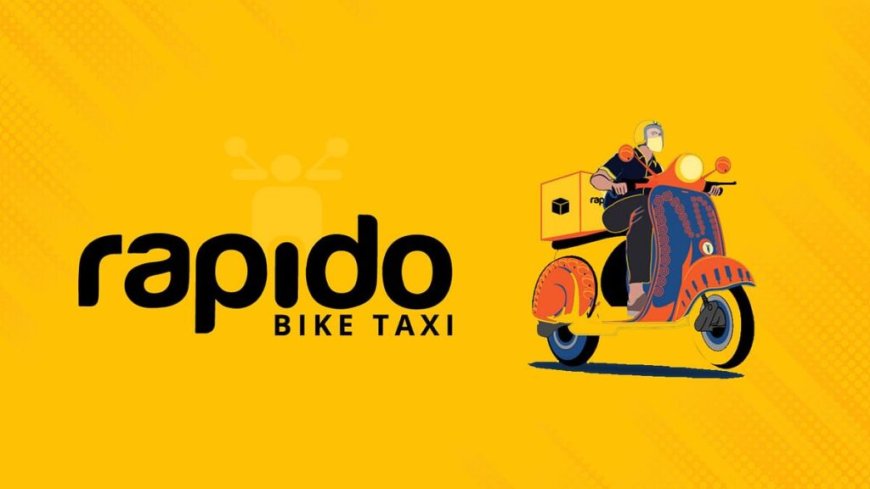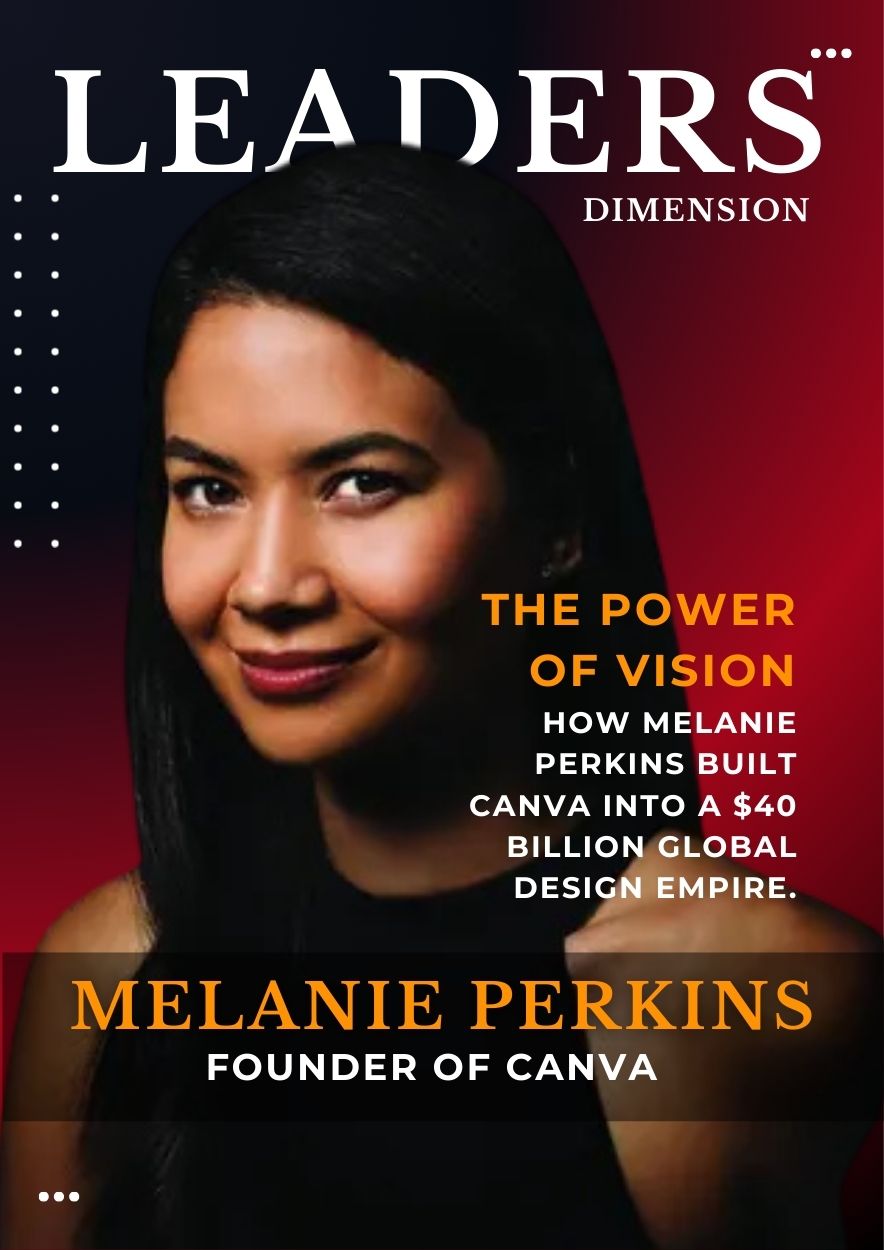Rapido Secures $120M from WestBridge Capital, Achieves Unicorn Status
Rapido has demonstrated impressive growth, reporting an increase in revenue to ₹497.5 crore in FY 2022-23 from ₹157.9 crore in FY 2021-22. However, the company's net loss also widened to ₹674.6 crore, up from ₹439 crore in the previous fiscal year.

Rapido, the ride-hailing platform known for its bike taxis, has secured $120 million (approximately ₹1,000 crore) in a Series E funding round, propelling its valuation to $1 billion and making it the latest entrant to India's unicorn club. The funding round was led by existing investor WestBridge Capital, according to a filing with the Registrar of Companies.
This milestone places Rapido as the third Indian startup to achieve unicorn status this year, following fintech company Perfios and Bhavish Aggarwal’s AI venture Krutrim. As per the special resolution passed by Rapido’s Board, the company allotted 10 equity shares, 95,479 Series E, and 95,489 Series E1 compulsory convertible preferred shares at an issue price of ₹52,467 per share, totaling around ₹1,002 crore.
Prior to this round, Rapido raised $180 million in its Series D funding in 2022, with contributions from investors like Swiggy, WestBridge Capital, and Nexus Venture Partners. According to data from Tracxn, Rapido was last valued at $825 million.
Rapido has demonstrated impressive growth, reporting an increase in revenue to ₹497.5 crore in FY 2022-23 from ₹157.9 crore in FY 2021-22. However, the company's net loss also widened to ₹674.6 crore, up from ₹439 crore in the previous fiscal year.
Economic Times reported that Rapido is expected to raise an additional $20 million from global investors. Internally, the company has made significant strides, surpassing Ola in daily rides with 16.5 lakh rides compared to Ola’s 13 lakh as of March 2024.
Earlier this year, Rapido introduced a software-as-a-service (SaaS) model for its auto driver partners, known as Auto Captains, moving away from the aggregator commission-driven model to a lifetime zero commission model. This strategic shift is aimed at enhancing the experience for its driver partners and sustaining its competitive edge in the market.

